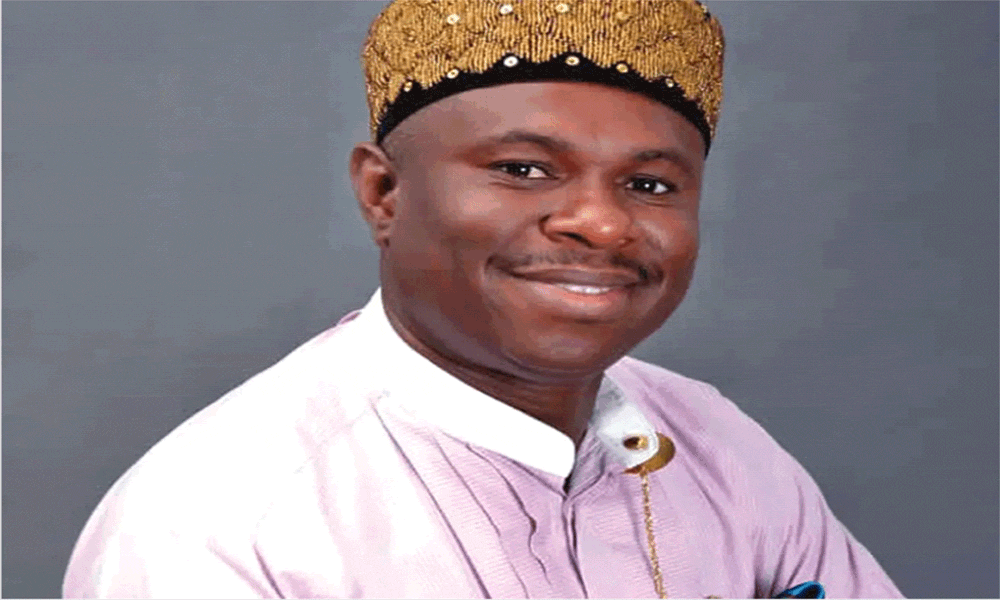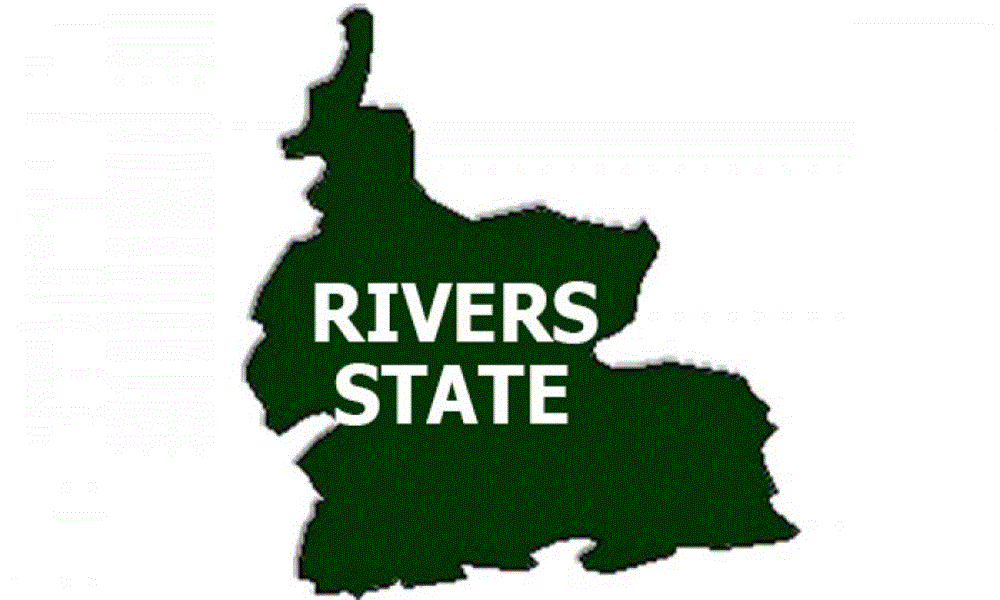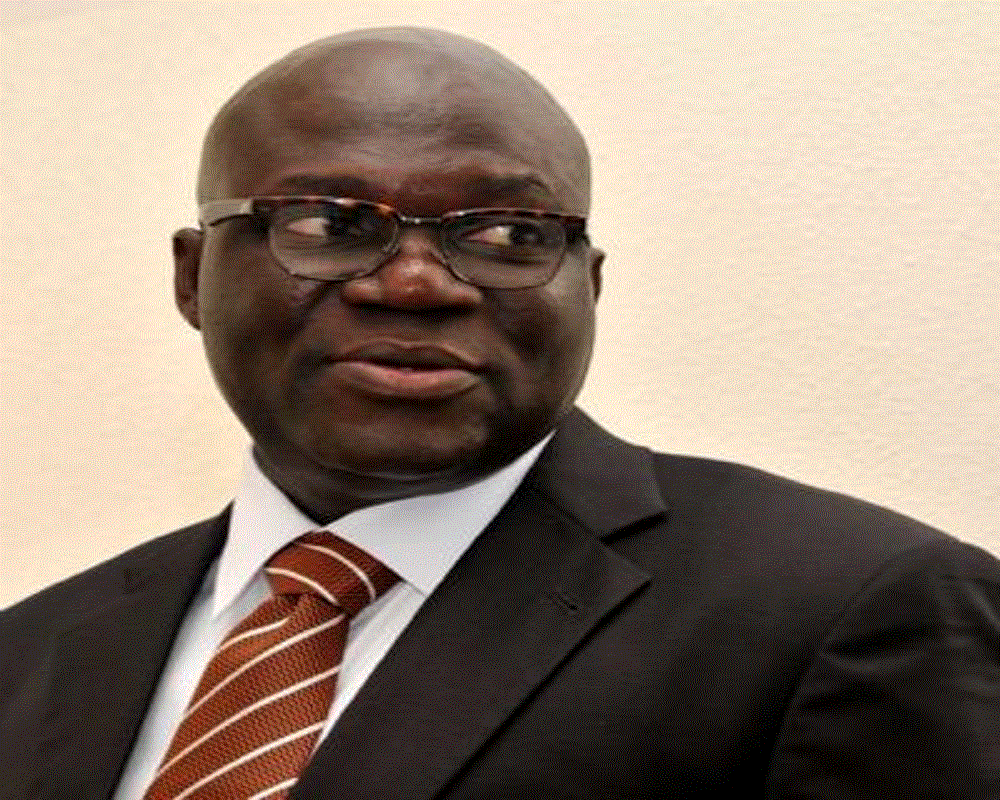Dark Chapter For The Judiciary

In 1961, the Prime Minister of Nigeria, Abubakar Tafawa Balewa, enjoined Justice Adetokunbo Ademola to “never waiver from the truth” and a charged him that if he committed a crime and was brought before the justice, he should send him to jail. Balewa understands the importance of judicial independence and the integrity of the judges in fostering an enduring democracy.
He understands that the Judiciary in our democracy is the third estate of the realm, the interpreter of the law, the common man’s last hope and the society’s conscience.
It serves as checks and balances of the executive and the legislature while adjudicating criminal and civil matters within the society, punishing offenders, and protecting citizens . The judges who preside in Courts and the lawyers who prosecute or defend their clients ought to be impartial, upright, diligent, consistent, and open in whatever they do because their character is public property. The judges are the cynosure of the adjudication system and are expected to live above board. This is the ideal. However, this is too far from our current reality.
Recently, there has been a substantial amount of debate, discussion and concerns about the health and reputation of Nigeria’s Judiciary. A cursory review and quasi-research of commentaries on the actions and inactions of Nigerian Judiciary in 5 Nigerian newspapers between September 2023 and September 2023 reveals that 67% were negative, 10% were classified as neutral, and a paltry 23% were positive. The inference to draw is that the Judiciary in Nigeria has been in the news for all the wrong reasons. Why, then, do the commentariat and public view the Nigerian Judiciary mainly in the negative?
Our Judiciary has dug itself into a deep hole of credibility crisis for three key reasons. The first reason is the preponderance of questionable judgements. This is worse with political cum election cases. Some judgements are inconceivable, and it is difficult for right-thinking persons to wrap their heads around them.
From politicians not participating in primaries but becoming substantive candidates to court injunctions against the arrest of politicians or politically exposed people on criminal allegations to unimaginable errors in electoral judgment and judicial procedures, one wonders why we are facing such an epidemic of judicial impunity.
In election-related cases, could the waning quality of judgments be blamed on the unmanageable caseload and the punishing timeline for hearing and delivering judgments in election petition cases ? Are the judges sitting on Electoral Tribunal or Appeal in a panel of at least three members able to have valuable conferences to deliberate on the cases argued before them to enable them to make informed decisions?
Or is it just a routine ritual where one member cavalierly decides, and the rest chorus their agreement with the lead judgment that they never had the prior privilege to read the draft in advance? Whatever the answers might be to these posers, the Judiciary is fast losing the trust and reverence it used to enjoy from the public.
The second reason is the plethora of embarrassing corruption stories about the Judiciary constantly in the public domain. The public has lost trust in the incorruptible Judiciary, and now the general perception is that the Judiciary is prone to corrupt practices.
Although this may be a hasty generalisation because we still have honest and incorruptible judges doing a great job, they hardly get mentioned in the media. Instead, the public is bombarded with news about corruption in the Judiciary.
Besides, the lifestyle of some judges belies the fact that they must be corrupt. We all know that the remuneration of judges and justices (between N450,000 to N750,000) is poor considering their excellent work; some live billionaires’ lifestyles, making people wonder how they come about the money they are spending.
It is public knowledge that judges clamour for jobs in the election petition seasons, and evidence abounds that some of the judges’ lives change overnight after the election petition assignment period. We have proof of some judges being indicted and punished for corruption in the electoral judicial cases saga, but that has not deterred others from engaging in such dastardly art.
The third reason is the panoply of unethical conduct among judicial officers and the slow conduct of cases, especially during electoral adjudication periods. Judicial accountability is far fetched . Justice delayed is tantamount to justice denied.
Most Nigerians will shy away from our court system because of the delay in the court process and the recklessness of ending cases mostly on technical issues rather than substantive ones. This has been made worse by the politicisation of the Judiciary to the extent that some stakeholders call it the “capture of the Judiciary ” by politics. Judges are supposed to be politically neutral and objective, contributing to maintaining a democratic state without bias.
However, we notice the involvement of some judges in politics, or their close family members are politicians or politically exposed, and therefore put undue pressure on them and the judicial system. Conflict of interest issues are seen, and politicians use all means necessary to maintain a firm hold on these judges.
The most recent example of how low our judicial system has gone, which is very embarrassing, is the Kano State Governorship Contest Appeal Court judgement.
Court of Appeal Kano on November 17 delivered judgement on this case, and parties applied and obtained the certified true copies of the judgement. Two days later, after Mr Femi Falana raised an alarm that there were significant inconsistencies in the judgement and that what was delivered in court was at variance with copies of the judgement given to parties, the Deputy Chief Registrar of the Court of Appeal on November 22, wrote to lawyers in the case to return the judgement for what he called “Typographical errors”.
Meanwhile, the appellant had already filed its appeal before the Supreme Court. We must interrogate a lot of pertinent issues concerning this issue. First, the Kano Appeal Court judgment was unanimous, and the other two members of the panel of judges agreed with the lead judgment and stated in their contribution that they had read the lead judgement and agreed with it, including consequential orders.
So how come there were such blatant “clerical errors, “as stated by the Chief Registrar of the court in his subsequent publicised letter to the lawyers inviting them to apply to correct the errors? Second, why will this clerical error be made at the most essential part of the judgement declaration? Does this smell, taste and feel like human error rather than a deliberate attempt at mismanaging the judicial process? These raises concerns about the industry, quality of judgement, and integrity of the judiciary and men on the Bench.
It is time we explore an alternative forum (Specialist Court) for resolving election disputes or narrow down the grounds on which elections are disputed. In the 2023 general elections, there were gubernatorial elections in 29 states, Houses of Assembly elections in 36 states, and NASS in all constituencies. Disputes arose from almost all these elections. In some cases, multiple parties filed petitions.
Given the timelines prescribed in Section 285 CFRN, all these cases arrived at the Court of Appeal at about the same time and are to be determined within the same time frame – a point of thousands of court cases to be determined by a Court consisting of 81 judges (not all 81 would participate) in approximately 60 days. This timeframe covers the period for filing briefs and hearings; in most cases, they are left with barely a week after the hearing of the appeal. With this workload, should we expect justice from the Court of Appeal? Are the mistakes not inevitable? No one advocates for the injustice inflicted on hundreds of thousands of citizen litigants, whose matters have been abeyance until all political matters have been resolved.
Second, this ‘error’ has created a potential constitutional quagmire. The supposed error is contained in the dispositive part of the judgment. Regardless of the content of the judgment, it is the court’s final disposition that is enforceable. What happens if the NNPP and Governor decide not to appeal and insist that the final disposition favours them? This is an opportunity to fight against judicial misconduct, negligence and sloppiness . The police and the anti-graft agencies should investigate this.
Regrettably, the erosion of the independence, integrity and reputation of the Judiciary is a critical aspect of the collapse of our democracy and the rise of impunity and authoritarianism. These signs are ominous because the failure of the Judiciary is the end of law and order and the genesis of anarchy.
Unless the Judiciary is reformed and maintains its integrity, and independence, democracy dies. Members of the Legal profession, especially the Bench, must reflect on the consequences of their actions on society, especially the health of our democracy.
All stakeholders must urgently interrogate how the Judiciary, which is supposed to protect and give us justice, became so vulnerable.



